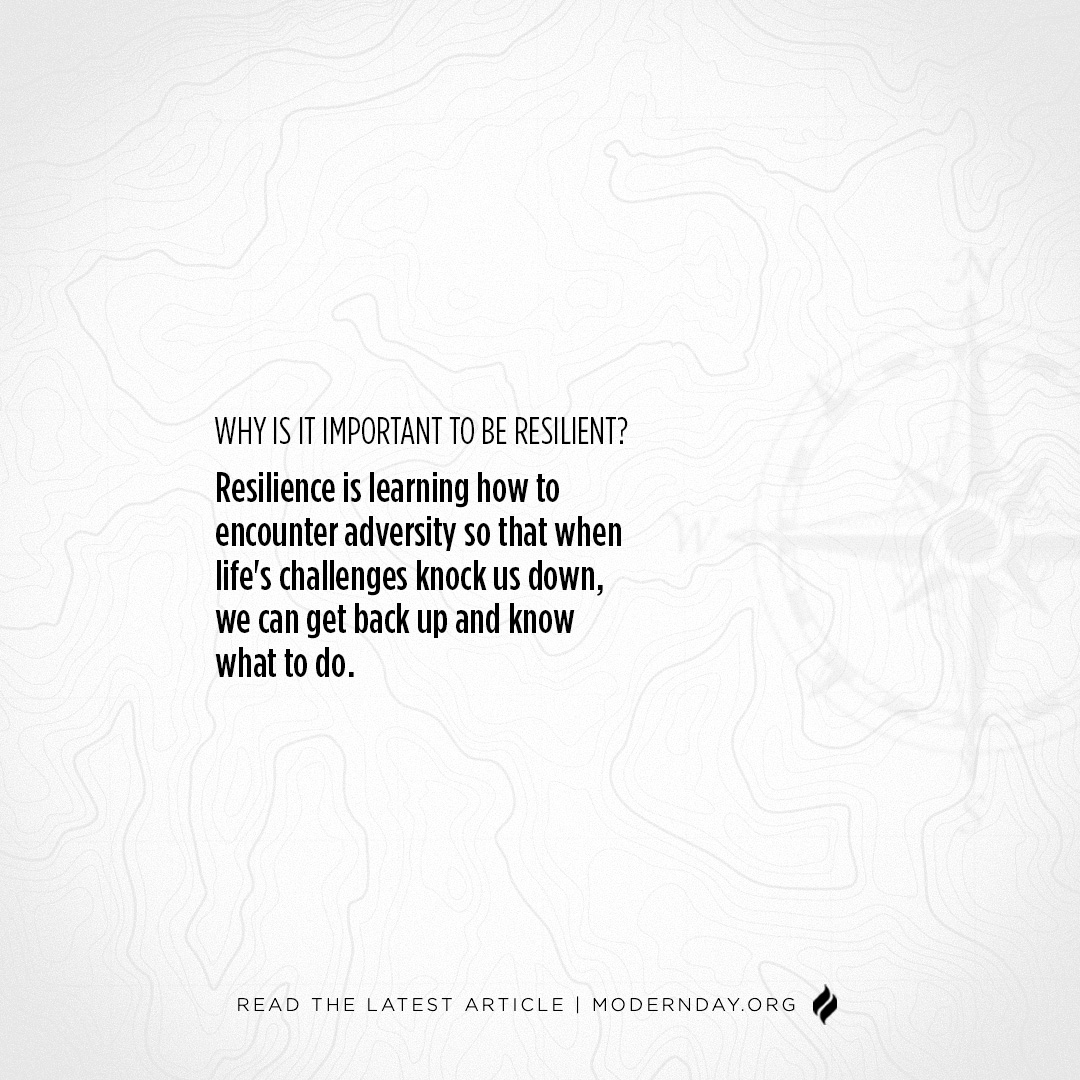Based on Episode 01 of the “Modern Day Missionaries” Podcast in an interview with Elias Reyes
Our support team! What would we do without them? These incredible churches, organizations, and individuals believe in the call of God on our life to missions, and they partner with us to make it happen. How can we most effectively connect with these critical people so that lack of finances doesn’t pull us off the field? What are some of the best things we should do so we can thrive in our team relationship with them?
We cannot take our missions support team for granted. We can’t expect that just because we made a connection with them once, that connection will stay alive with no work.
All relationships take work. Our supporters put in effort by giving to us financially, praying for us, and showing us care. As missionaries, we are very aware of what we need from our supporters. What if we flipped that question?
1. Ask yourself: What do my supporters need from me?
- “Communicate, communicate, communicate,” says Modern Day President, Elias Reyes. “Your supporters need to hear from you.”
- “When you stop communicating with your supporters, they’ll stop connecting with you.”
- How much time is appropriate to invest in these critical relationships?
- Reyes recommends spending 10% of your time developing relationships with your supporters and financial supporters.
- Here are some practical ideas of things you can do:
- Send a quick email.
- Post to Facebook or Twitter.
- Grab your phone and make a call or send a text.
- Open up MailChimp and write a newsletter. (We have articles on how to write great newsletters here.)
- Update your website or blog. (Modern Day missionaries, the websites we provide you with are an excellent way for new supporters to find out about you. Make sure you keep them up to date!)
This comes more easily to some of you than others, but don’t use that as an excuse to not communicate. Think of all the excuses someone could come up with to not financially support you! Excuses won’t help you grow your team. If you need help, reach out. Or instead of trying to communicate on every platform, choose 1-2 and do them with excellence and consistency.
Do something lest you do nothing.
2. Stop writing to your mother.
- On the other end of the spectrum are those who overshare. The only person who wants to hear that much detail is your mom or grandma, says Reyes.
- Write concisely enough that people have time to read, colorfully enough that people want to read, and deeply enough that people are moved to action by what they read.
Tell stories and give numbers. Right brain plus left brain for the win.
3. Communicate with the individual.
- Certainly, you want to create general communication (posts or newsletters), but there are moments when personal communication is even more important.
- Identify who your core supporters are. Invest in everyone, but pour the most into these core relationships. Typically, there are just a few (3-6), and they may come from a sending church or organization or may be individuals or family.
- Your strongest supporters are the people who:
- Have got your back.
- When they say they are praying for you, you know they really are.
- Support you financially.
- Exhibit proactive, genuine care.
- You just love talking to because you consistently FEEL how much they believe in you.
- Each of those core supporters have a preferred method of communication. Do you know what it is? If not, find out!
- Make the effort to reach out to your core supporters in the way that is easiest and most meaningful to them.
When we can communicate effectively with our support team, we can keep them energized about what God is doing through us––and through them!––as people who are enabling us to do what we do. Keep the vision in front of them and the relationship strong, and together, you and your team can continue to do the good work God has called you to do in missions.
What is one way you have found to be especially effective in communicating with your support team? Share in the comments below!
Learn more by streaming this episode of the “Modern Day Missionaries” Podcast, Hosted by Stephanie Leigh Gutierrez.
Mentioned Resources in Podcast
Friend Raising: Building a Missionary Support Team that Lasts by Betty Barnett







